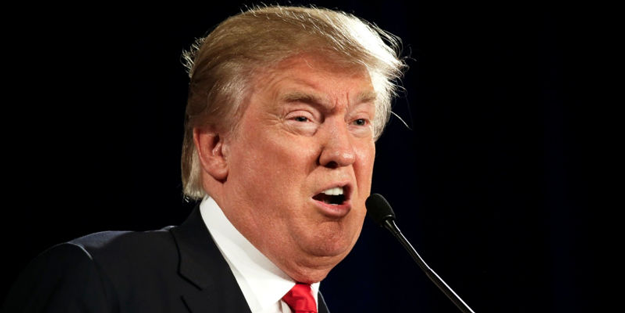The United States is considering sweeping new travel restrictions that could affect citizens from 36 countries, including 25 African nations, according to a confidential State Department memo seen by multiple sources. The move, if enforced, would mark one of the largest expansions of travel curbs in recent U.S. policy.
The internal document, reportedly signed by Secretary of State Marco Rubio, outlines a 60-day deadline for the targeted countries to address U.S. concerns regarding visa overstays, document reliability, and repatriation cooperation, or risk facing full or partial travel bans.
African Countries Heavily Represented
Among the African nations listed are Ethiopia, Nigeria, Ghana, Djibouti, and Egypt. Other countries on the proposed list span the Caribbean, Central Asia, and the Pacific.
The memo reportedly claims that some countries lack centralized and trustworthy identity verification systems, while others are accused of tolerating government fraud or having high numbers of nationals who overstay their U.S. visas.
Nations that sell citizenship without requiring actual residency are also reportedly being scrutinized, as are those whose citizens are accused of engaging in “anti-American or antisemitic activity” within the United States.
A Geopolitical Statement?
Some African diplomats view the inclusion of 25 African countries as disproportionately punitive. “This raises serious concerns about fairness and balance,” said a regional migration analyst based in Nairobi. “African governments must now engage in fast-track diplomacy to avoid damage to mobility and bilateral ties.”
The U.S. has offered a potential off-ramp for countries willing to enter into “safe third country” agreements or accept deportees from third nations, which critics say shifts U.S. border responsibilities abroad.
Context: A Pattern of Restrictions
The development follows a June 4 U.S. proclamation that fully banned entry from Eritrea, Somalia, and Sudan, while partially restricting travelers from Burundi and Togo.
Civil society organizations and human rights groups have already criticized that decision as discriminatory and overly broad, pointing to the disproportionate impact on African and Caribbean nations.
So far, the U.S. administration has not issued an official public statement regarding the new memo, and affected governments, including Ethiopia and Nigeria, have yet to respond.
What Comes Next?
With the 60-day deadline already ticking, diplomatic missions from the listed countries are expected to seek urgent clarification and possible exemption. Analysts say the outcome could reshape travel and migration relations between Africa and the United States at a critical time.
“This is not just about visas,” one AU policy advisor noted. “It’s about trust, partnership, and how Africa is perceived in global governance.”



